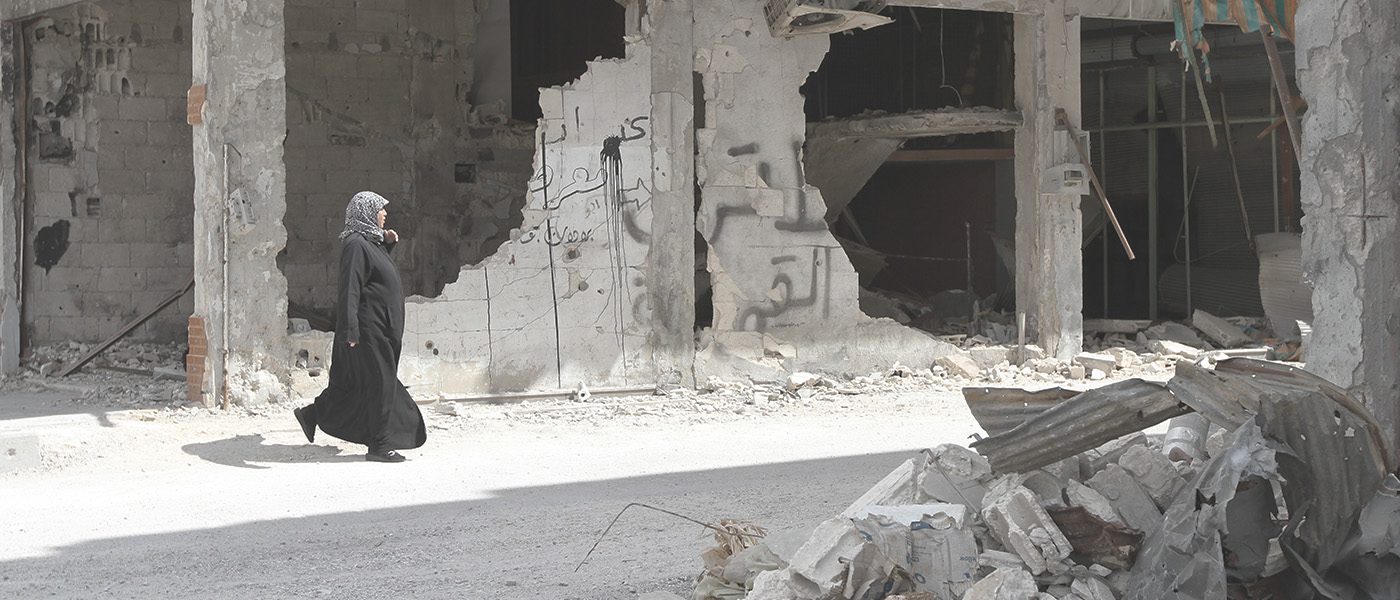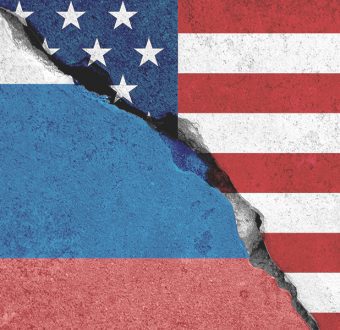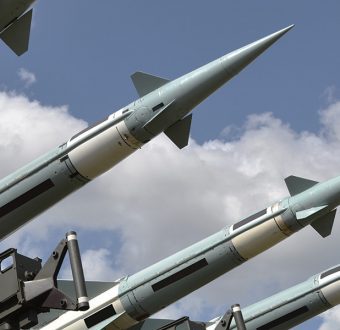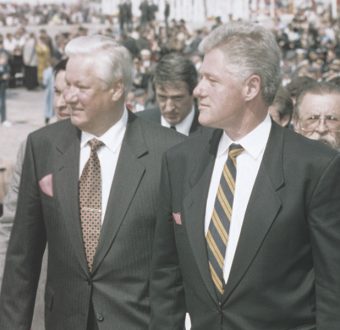Ripple Effect

Tensions between the United States and Russia affect the security of both, but they also reverberate into other regions of the world.
Nowhere was this clearer than in Russia’s annexation of Crimea in 2014 and its ongoing support for separatists in Eastern Ukraine. And Russian intervention in 2015 altered the strategic balance in Syria’s ongoing civil war and thwarted the US preference for the removal of the Assad regime.
But there are also more subtle forms of conflict and competition. Since the collapse of the Soviet Union, the United States has long promoted democratization throughout Eurasia in what Russia perceives as unjustified meddling in its “near abroad.” And, in recent years, Russia has supported anti-establishment parties in Western Europe that it views as friendlier politically and ideologically.
How do other countries and regions experience the volatility of relations between the United States and Russia? What risks and opportunities does the current tension between the two create for other parts of the world? In this section, we offer regional perspectives on the importance of the US-Russia relationship.
Tension between the US and Russia can benefit those, like Pakistan, who are ready to take advantage of it to advance their own agenda? We sit down with former Director of Pakistan’s ISI intelligence agency Asad Durrani.
How is growing antagonism between the US and Russia felt in South Asia?
From Ukraine to Syria, to information operations across the West, Russia has been conducting a sophisticated campaign to expand its global influence over the past few years. In some places, it has been very successful. In others, less so.
Paul Stronski, Senior Fellow at the Carnegie Endowment, breaks down how the return of “Global Russia” is reshaping geopolitics around the world.
Successive US presidents have failed to forge better relations with Russia. Today, Europe sits between two nuclear superpowers who just cannot get along.
Angela Stent, director of the Center of Eurasia, Russian, and Eastern European Studies at Georgetown University, discusses US-Russia tensions and their impact in Europe.





